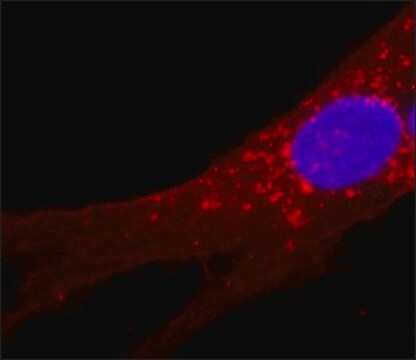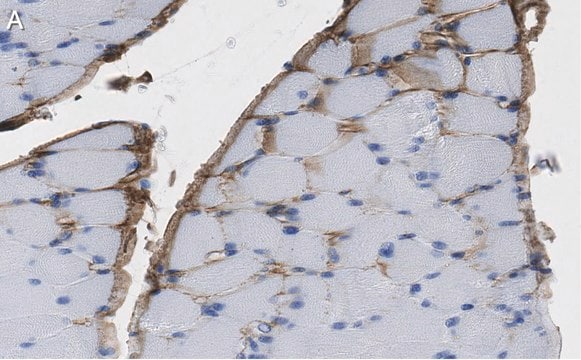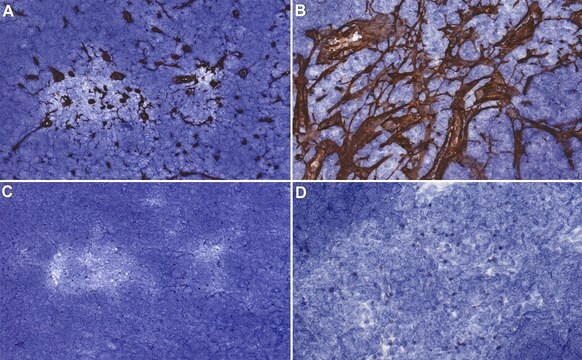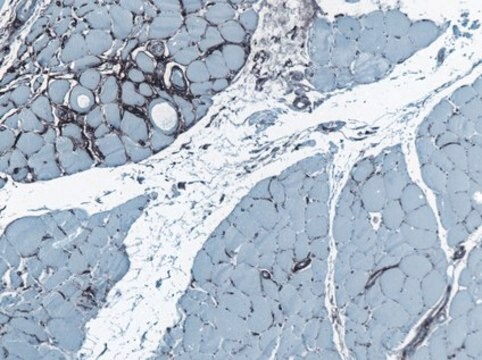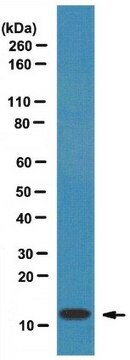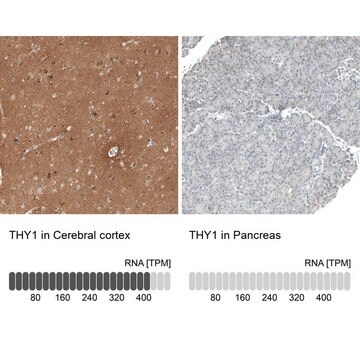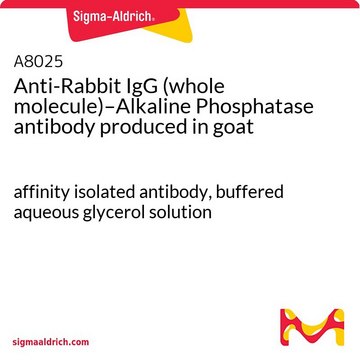SAB4200821
Anti-Fibroblast Surface Protein antibody, Mouse monoclonal
clone 1B10, purified from hybridoma cell culture
Sinónimos:
FSP
About This Item
Productos recomendados
origen biológico
mouse
forma del anticuerpo
purified from hybridoma cell culture
tipo de anticuerpo
primary antibodies
clon
1B10, monoclonal
reactividad de especies
human
envase
antibody small pack of 25 μL
concentración
~ 1 mg/mL
técnicas
immunofluorescence: 5-10 μg/mL using Human foreskin fibroblast Hs68 cells.
isotipo
IgM
Condiciones de envío
dry ice
temp. de almacenamiento
−20°C
modificación del objetivo postraduccional
unmodified
Información sobre el gen
human ... S100A4(6275)
Descripción general
Especificidad
Inmunógeno
Aplicación
Acciones bioquímicas o fisiológicas
Forma física
Almacenamiento y estabilidad
Cláusula de descargo de responsabilidad
¿No encuentra el producto adecuado?
Pruebe nuestro Herramienta de selección de productos.
Opcional
Código de clase de almacenamiento
12 - Non Combustible Liquids
Clase de riesgo para el agua (WGK)
nwg
Punto de inflamabilidad (°F)
Not applicable
Punto de inflamabilidad (°C)
Not applicable
Elija entre una de las versiones más recientes:
Certificados de análisis (COA)
¿No ve la versión correcta?
Si necesita una versión concreta, puede buscar un certificado específico por el número de lote.
¿Ya tiene este producto?
Encuentre la documentación para los productos que ha comprado recientemente en la Biblioteca de documentos.
Nuestro equipo de científicos tiene experiencia en todas las áreas de investigación: Ciencias de la vida, Ciencia de los materiales, Síntesis química, Cromatografía, Analítica y muchas otras.
Póngase en contacto con el Servicio técnico